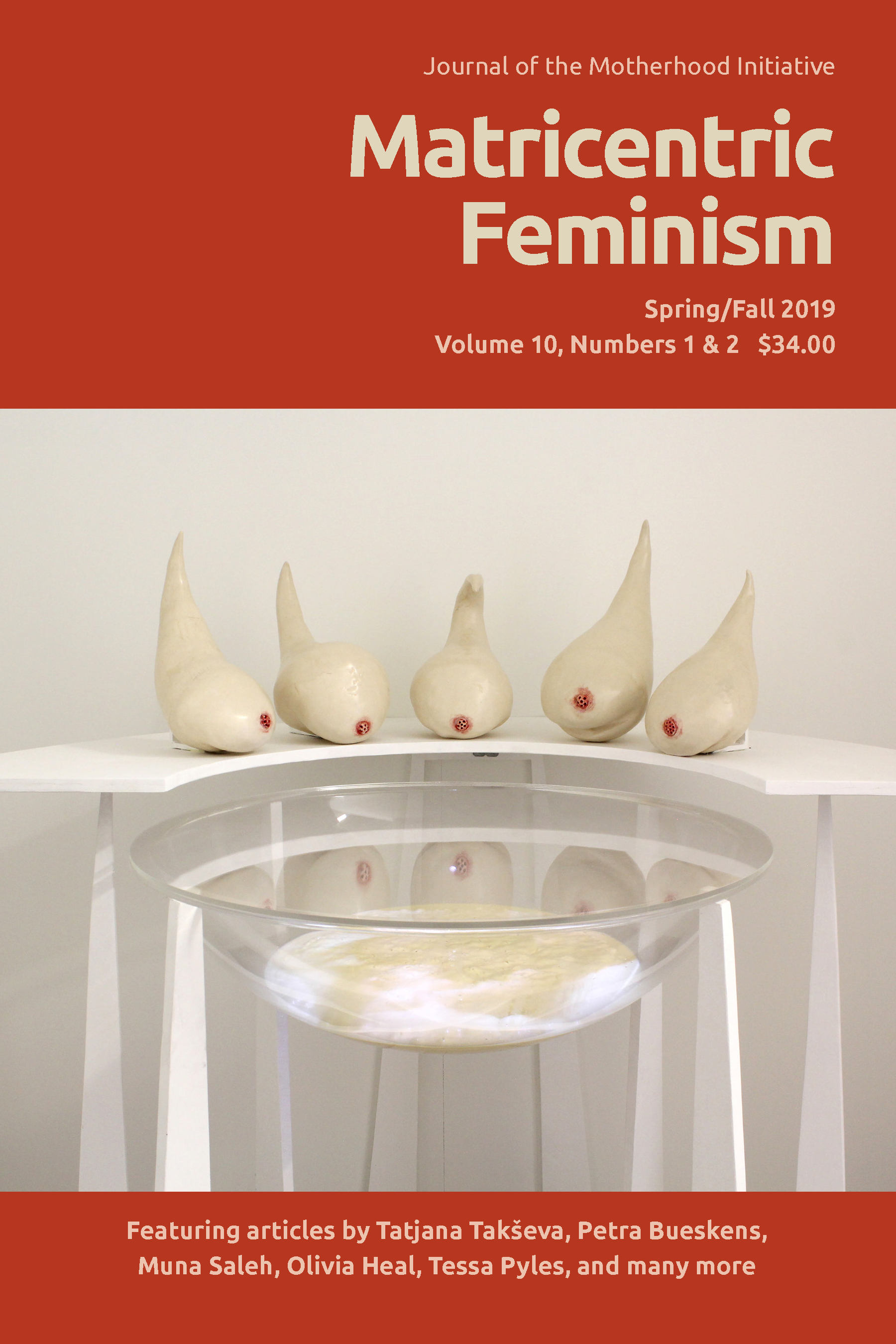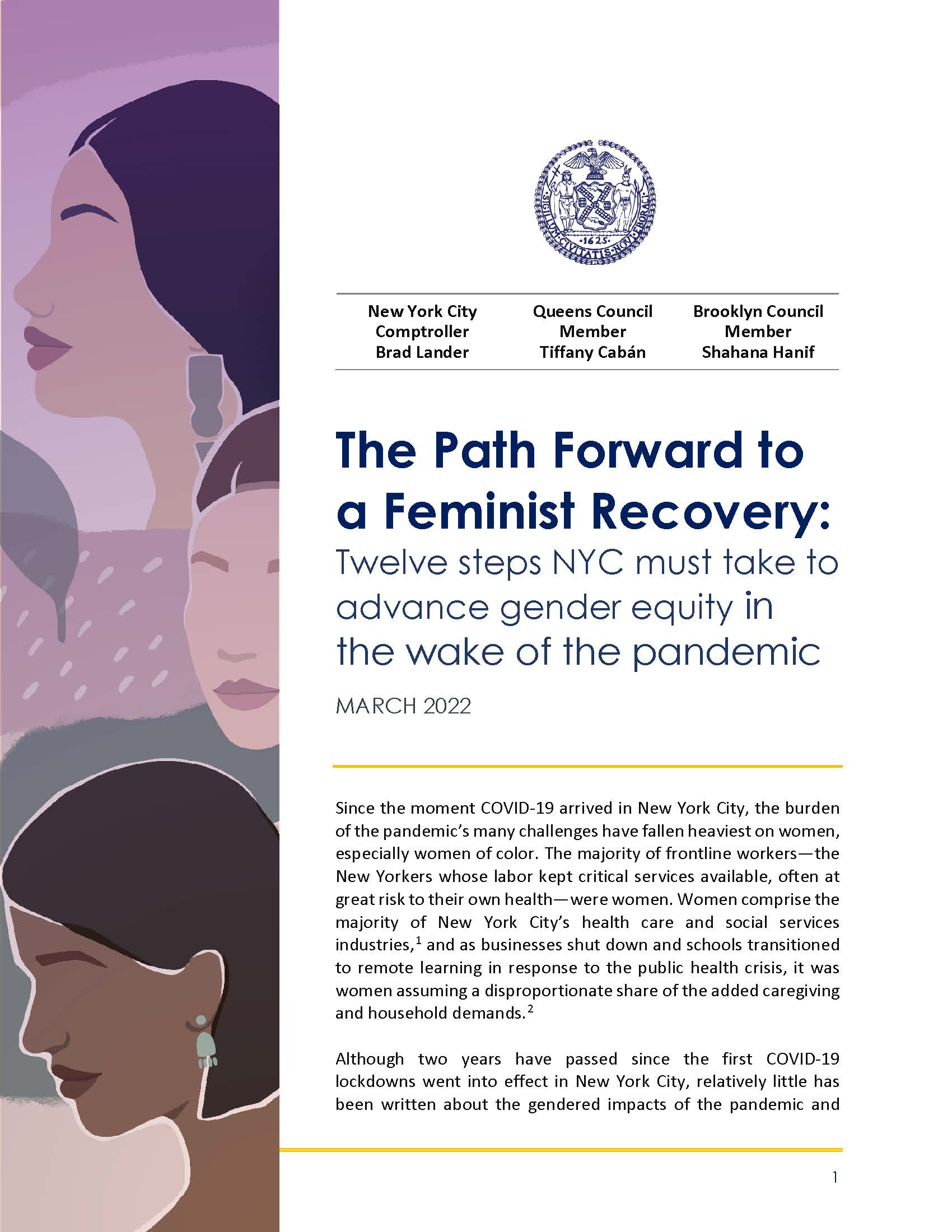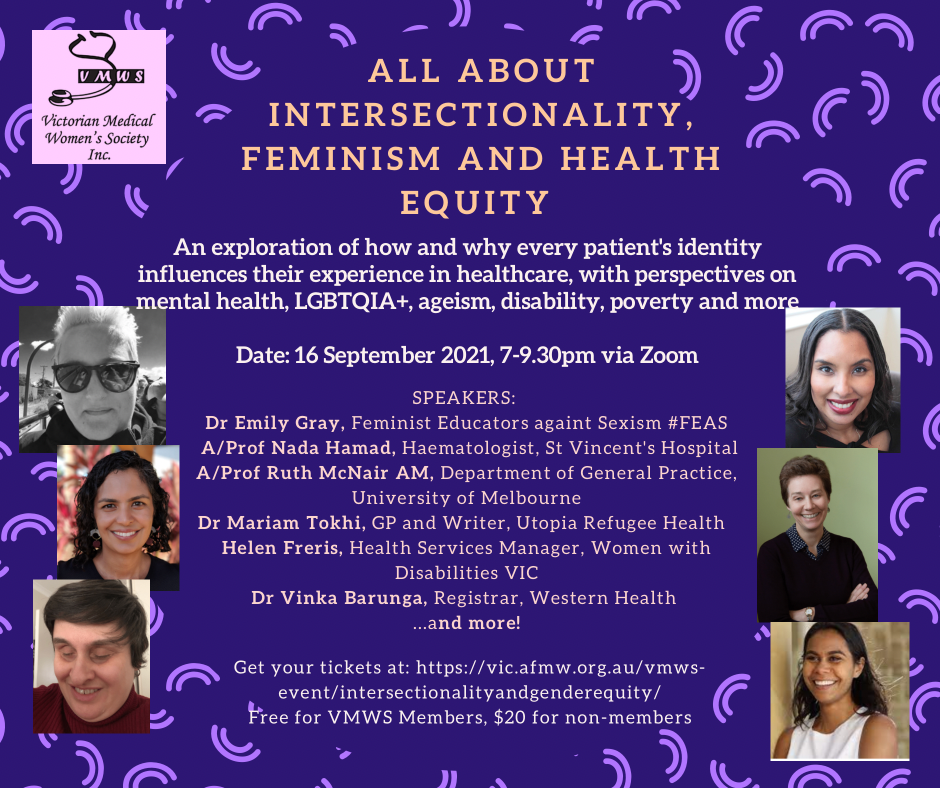Feminism and poverty are two intertwined issues that have significant impacts on society. Feminism is the belief in the equal rights and opportunities for all genders, while poverty is the state of being unable to afford the necessities of life, such as food, shelter, and healthcare.
The intersection of feminism and poverty is particularly significant for women, as they are often disproportionately affected by both issues. Women are more likely to live in poverty than men, and poverty can exacerbate the discrimination and inequality that women already face. For example, women may be paid less than men for the same work, which can lead to financial insecurity and a greater risk of poverty. Additionally, women are more likely to be responsible for the care of children and other family members, which can make it difficult for them to work and earn an income.
Poverty can also lead to a lack of access to education and job opportunities, which can further hinder women's ability to escape poverty and achieve financial independence. This is especially true for women of color and immigrant women, who often face additional barriers and discrimination in the job market.
Feminism and poverty are also interconnected in terms of reproductive rights. Women who are living in poverty may not have access to affordable reproductive healthcare, including birth control and abortion services. This can lead to unintended pregnancies and a lack of control over one's own reproductive choices.
There are a number of ways in which the issues of feminism and poverty can be addressed. One approach is through policy and legislation that aims to reduce poverty and promote gender equality. This can include initiatives such as increasing the minimum wage, providing access to affordable childcare, and addressing pay disparities between men and women.
Additionally, supporting and uplifting the voices and leadership of marginalized communities, including women and people of color, can help to bring about social and economic change. This can involve supporting community-led organizations and initiatives that work to address the needs and rights of these groups.
In conclusion, feminism and poverty are closely linked issues that have a profound impact on society. By addressing both issues, we can work towards a more equal and just society for all.





